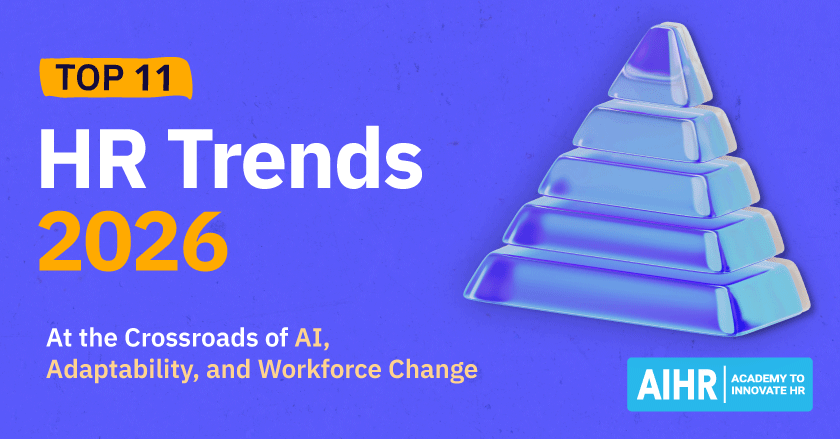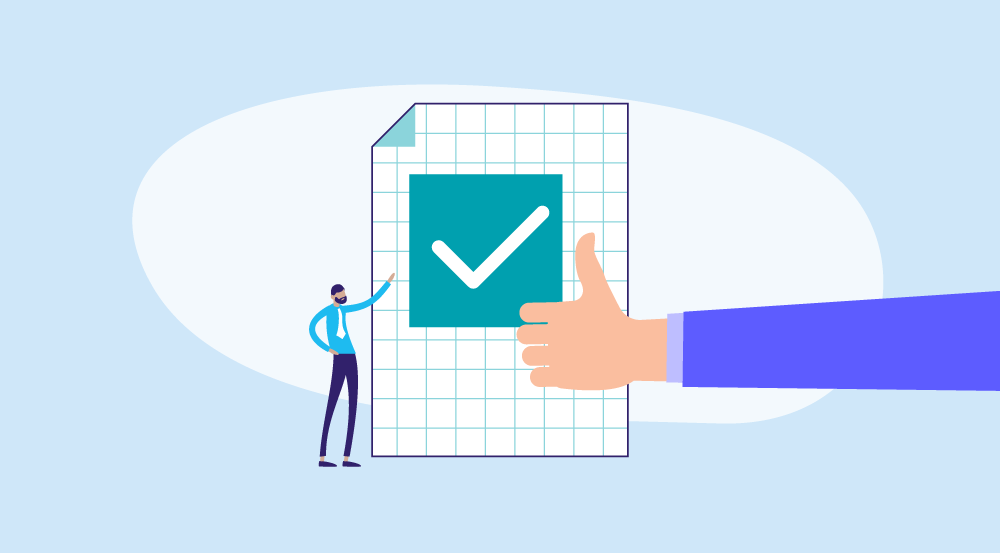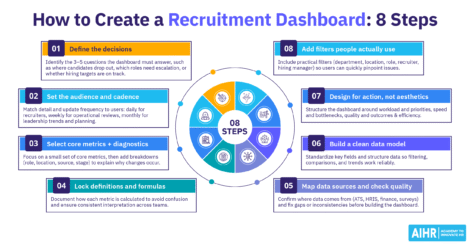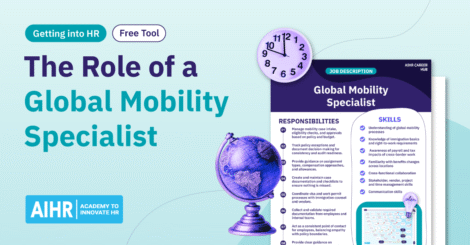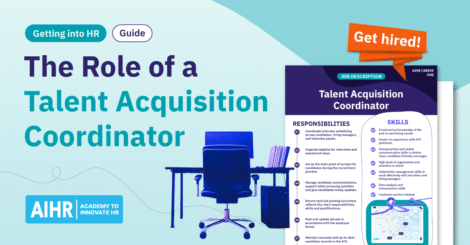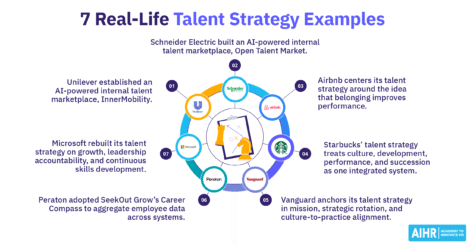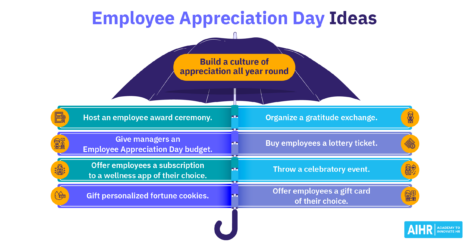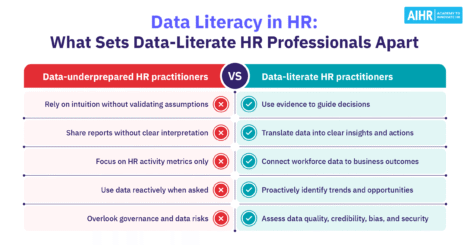A reference check form remains one of the most effective candidate validation tools in hiring. AI-powered recruitment can speed up sourcing and pre-employment screening but cannot replace human insight, which can ensure structured reference checks that capture crucial real-world feedback.
At the same time, 75% of hiring professionals see emotional intelligence as the most critical skill for success, followed by adaptability and resilience. In addition to interviews, reference check forms can confirm if candidates display such traits and how. This article explains how to use such a form and provides a free, fully customizable reference check form template.
Contents
What is a reference check form?
Why use a reference check form template?
What to include in a telephone reference check form
Free reference check form template
How to customize your template for different roles
Using a reference check form: HR’s checklist
Key takeaways
- Bad hires can cost up to 30% of first-year pay; a well-designed reference check form helps avoid this by validating candidates and predicting performance.
- A standardized but customizable reference check form template boosts consistency, fairness, collaboration, compliance, and the overall quality and speed of hiring decisions.
- An effective phone reference check form brings together key candidate and referee details, structured questions, and ratings and recommendations in one place.
- Recruiters get maximum value from reference checks when they prepare, ask structured job-related questions, probe for evidence, document red flags objectively, and regularly refine the form.
What is a reference check form?
A reference check form, also called an employment or employee reference check form, is a standardized worksheet recruiters or hiring managers use during the reference-checking stage. Whether digital or on paper, it usually includes candidate and referee details, structured questions, and space for notes, and keeps the process consistent and thorough.
A pre-employment reference check form becomes even more important when you consider that 72% of people lie on their résumés. It can help you spot dishonesty in candidates, as well as provide a framework for job-related questions that reveal a candidate’s strengths, reliability, and fit for the role.
A telephone reference check form (or phone reference form) is a version designed for live reference calls. It standardizes the conversation by listing questions and providing space for detailed responses and observations. This helps every interviewer capture comparable data, maintain professionalism, and keep calls aligned with compliance requirements.
Why use a reference check form template?
Here’s why you should use a reference check form template:
Consistency and fairness
A reference check form template ensures consistency and fairness by using the same structure and questions for every candidate. This helps eliminate arbitrary variations in what you ask and record, reducing the risk of bias and enabling easier candidate comparison. Subjecting all reference checks to the same standards helps ensure fair, defensible hiring decisions.
Improved insight quality
A good template prompts the interviewer to ask thoughtful, job-related questions, encouraging deeper conversations with referees. Instead of vague or anecdotal feedback, you can get specific examples of past performance, behavior, and teamwork. These structured insights make it easier to assess a candidate’s likely success in the new role.
Time-saving and simplified documentation
A pre-built form helps shorten preparation time for interviews. It serves as both a guide and a record-keeping tool, allowing you to take notes quickly during calls, then easily file them afterwards. This speeds up the process and ensures the documentation is complete and ready for compliance checks or internal HR audits.
Smoother collaboration among hiring stakeholders
Every recruiter or hiring manager using the same reference check form makes it easier to share results and align on hiring decisions. The uniform layout enables stakeholders to review findings quickly, discuss them efficiently, and make informed decisions based on clear and consistent data. This also means smoother collaboration and better quality of hire.
Supports compliance and data protection
A well-designed template helps your organization maintain compliance with employment laws and data privacy standards. Its standardized consent sections, reference verification fields, and storage instructions enable you to easily tick all relevant legal and procedural boxes. It also lowers the risk of oversight or non-compliance.
Encourages continuous improvement
You can always refine your reference check form template based on experience and feedback. Tracking which reference check questions yield the most useful responses allows you to make adjustments to improve the hiring process. This ongoing optimization turns the form into a living document that becomes more effective with every use.
Master reference checks and sourcing strategies for efficient recruitment
Learn to conduct reference checks consistently and handle other aspects of sourcing and recruitment to ensure a fair, efficient recruiting process.
🎓 With AIHR’s Sourcing & Recruitment Certificate Program, you’ll develop the skills to:
✅ Increase candidate quality and avoid mishires with effective screening techniques
✅ Master sourcing strategies to help identify and engage best-fit candidates
✅ Build an effective end-to-end recruitment process for your organization
What to include in a telephone reference check form
A well-designed phone reference check form, complete with the right elements, makes the reference check process compliant, efficient, and valuable for informed decision-making. Here’s what you need to include:
- Candidate information: Record the candidate’s name, the role they applied for, the reference check date, and the name of the person conducting the check. Make sure each reference check links clearly to a specific vacancy for easy audits and reviews.
- Reference information: Capture referee’s name, job title, company, relationship to the candidate, time worked together, and contact details. Use this information to confirm the referee’s credibility and context for their feedback.
- Reference check questions: Include core questions on the candidate’s past performance, teamwork, problem-solving, and communication skills. Use the same set across all checks to keep calls focused and make feedback comparable.
- Rating scale and summary: Add a 1–5 rating scale with clear definitions for each score. Also, include checkboxes — such as “example cited” or “metric cited” — to show when feedback is backed by evidence.
- Final recommendation: Provide a summary field where the recruiter states whether to hire the candidate, hire them with reservations, or not hire them at all. Add a one-line rationale to align stakeholders on the decision.
- Candidate consent and acknowledgement: This is necessary to confirm and show that the candidate has authorized the reference check, as it helps protect legal compliance and maintain transparency with each candidate.
Free reference check form template
AIHR has created a free reference check form template to streamline your hiring process and ensure consistency. The template is fully customizable, so you can adapt it to your organization’s needs — whether you’re conducting a phone reference check, using a digital employment reference check form, or integrating it into your ATS or HRIS.
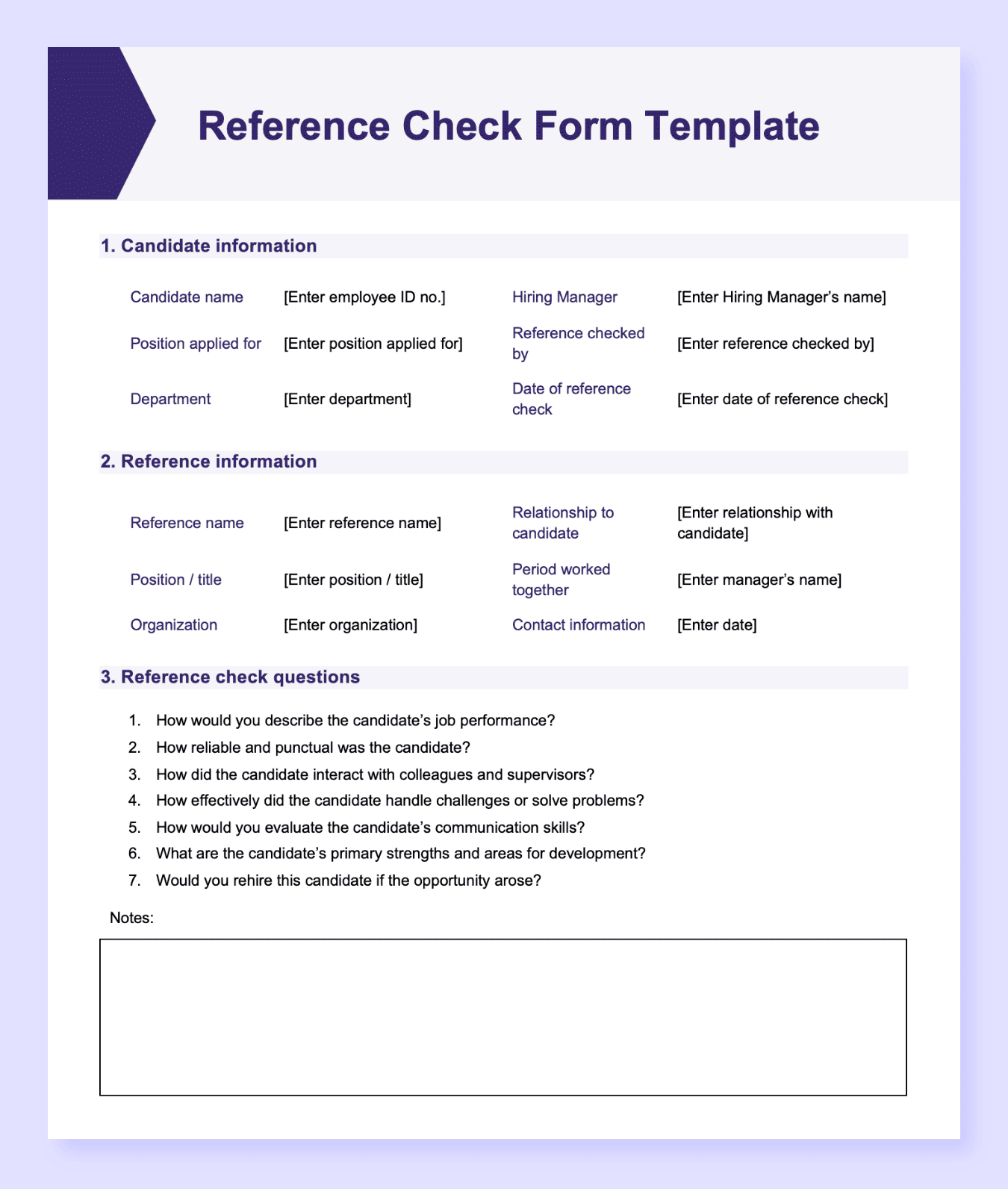
How to customize your template for different roles
A reference check form works best when it combines consistency and flexibility. Keep about 70% of the form the same across all roles to maintain fairness and comparability, and customize the rest (e.g., two or three role-specific questions), so feedback stays relevant to the job.
If your organization hires across multiple states or regions, include an internal note section where recruiters can capture local legal and disclosure limits. This helps keep the reference check process compliant with local privacy and employment rules.
Strengthen the form further with one or two optional role-specific blocks. In regulated industries like finance or healthcare, focus on confidentiality, accuracy, and policy adherence. For instance, if hiring for customer-facing roles, assess CSAT, NPS, and escalation management.
If hiring for technical and operations functions, look at delivery timelines, process reliability, and system ownership. The goal is to create a modular template that’s easy to adapt while remaining consistent, compliant and role-relevant.
Using a reference check form: HR’s checklist
Using a reference check form template is a great start, but the real value comes from how you apply it. These best practices will help you make the most of every reference check conversation and turn it into a dependable decision-making tool.
1. Prepare before the call
Review the candidate’s résumé, interview notes, and the completed reference check form template before making contact, so you can tailor questions to the role and verify key facts efficiently.
2. Set the right tone
Build rapport with the referee early in the call. Explain the purpose of the reference check and assure them you’ll use their feedback confidentially and professionally.
3. Ask structured, job-related questions
Stick to the core reference check questions outlined in the employment reference check form and avoid personal opinions or unrelated topics.
4. Probe for examples
Encourage referees to provide specific examples or outcomes (e.g., sales figures, website traffic stats), rather than general impressions. This helps distinguish between vague praise and measurable performance.
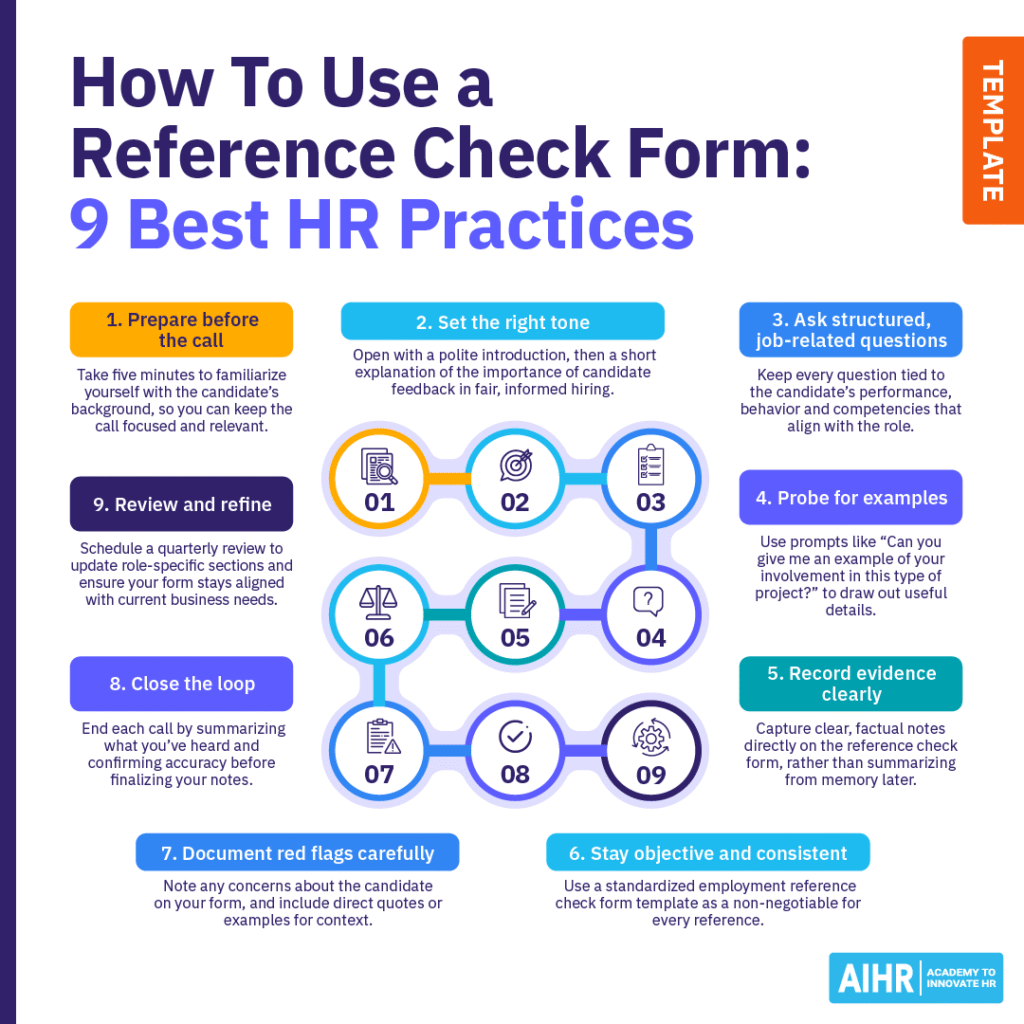
5. Record evidence clearly
Write notes as you go, focusing on key facts, examples, and measurable outcomes. Consistent note-taking enables you to compare data across multiple candidates.
6. Stay objective and consistent
To promote fairness and minimize bias, ask the same set of structured questions for every candidate being considered for the same role.
7. Document red flags carefully
If potential issues arise, record them factually, along with any supporting evidence you have. To maintain fairness, avoid misinterpretation and exaggeration, and stick solely to the facts.
8. Close the loop
At the end of the reference call, thank the referee for their time and verify any unclear points. Once you’ve completed the check, upload or save the document in your HRIS.
9. Review and refine
Regularly update your reference check form template based on recruiter feedback and role changes. Your reference check questions must reflect any changes in role requirements.
To sum up
Every hiring decision shapes your organization’s future, and reference checks can help you make such decisions confidently. A well-structured reference check form combines consistency, good questioning and thoughtful customization for insights into how people think, collaborate and contribute in the workplace.
Review how your team approaches reference checks. Download AIHR’s template, train your recruiters to listen for the details that reveal fit and potential, and integrate what you learn into your hiring playbook. The goal isn’t just to verify the past but to better predict future performance and give your company a genuine competitive edge.


